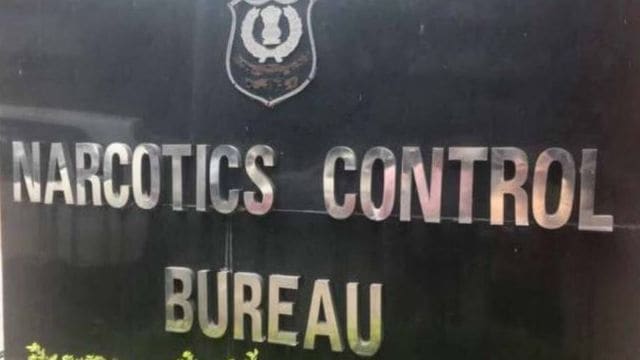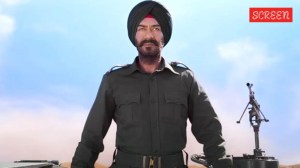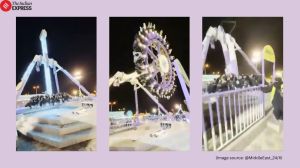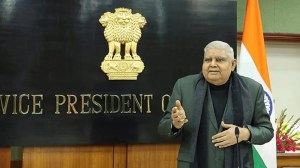Narcotics Control Bureau moves Delhi HC against trial court order on furnishing cell location data of investigating officers in drug trafficking case
Naveen Fogat, an accused in a 2023 drug trafficking case, told the Delhi High Court that there were custodial irregularities preceding his formal arrest.
 The high court has posted the matter next for consideration on October 9. (File)
The high court has posted the matter next for consideration on October 9. (File)The Narcotics Control Bureau (NCB) has moved the Delhi High Court seeking a stay on a trial court order directing it to preserve and disclose the Cell Location ID charts and mobile data of its investigating officers (IOs).
While the agency submitted that such disclosure “poses a serious threat to operational confidentiality, national security and ongoing investigation”, Justice Ravinder Dudeja on Tuesday sought a response from a drug trafficking case accused, on whose application the trial court had issued the directions.
The high court has posted the matter next for consideration on October 9.
The accused, Naveen Fogat, was booked in July 2023 in a pan-India probe into parcels of LSD, a hallucinogenic drug, seized from a courier facility. Fogat was allegedly involved in shipping the LSD and drug trafficking.
However, Fogat, represented by advocate Aditya Giri and Anand Kumar, told the high court on Tuesday that there were custodial irregularities preceding his formal arrest in 2023, following which he had filed an application under Section 94 of Bharatiya Nagarik Suraksha Sanhita, seeking the location data of the NCB investigating officers to substantiate his claims.
Arguing before the HC, Fogat submitted that Cell Location ID charts would help reveal the alleged custodial irregularities committed by NCB investigating officers Chetan Sharma and Amit Kumar Tiwary.
On May 21 this year, after charges were framed before the trial court, Fogat filed an application before the special Narcotic Drugs and Psychotropic Substances Act court seeking the preservation and production of call detail records and tower location charts of the mobile phone belonging to him, his relatives, and the two investigating officers.
Fogat had cited irregularities in the probe process, including the recording of his disclosure statement, and alleged that he was illegally detained, submitting that it was in the interest of presenting a fair defence that he be provided with the details as sought.
The trial court on July 4 had allowed the request, after observing that there are “prima facie doubts upon the investigating agency’s conduct regarding the arrest and surrounding circumstances” and directed the agency to provide the details. The NCB has now challenged the trial court’s order, seeking that the same be quashed and set aside.
The NCB, in its petition, has argued that “producing IOs’ Cell Location charts reveals surveillance patterns, beat routes and static positions of undercover officers, compromising ongoing narcotics investigations,” and has also claimed protection under the right to privacy.
Notably, the trial court, in its direction, had stated that the details of the cell location ID chart for the IOs shall not bear details of their personal/official numbers and will be redacted prior to filing the records before the court, which shall remain in a sealed cover.
“Article 21’s protection of the right to life and personal liberty encompasses privacy interests in personal and operational data, including that of government officers,” NCB’s petition states.
NCB has also submitted that such details of the IOs shall “also expose movements and meeting points of secret informers, breaching their expectation of confidentiality and placing their lives at risk”.












